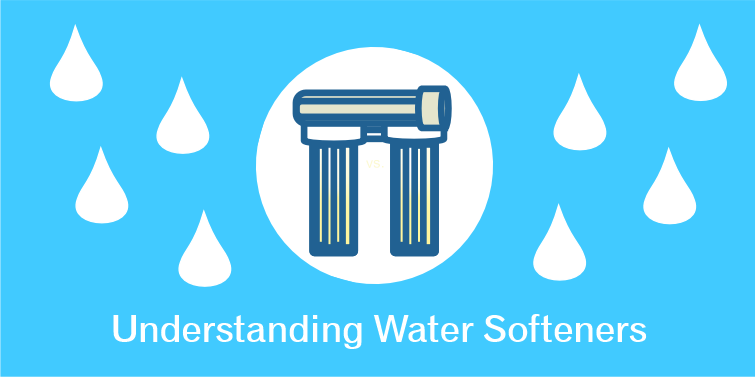
If you live in an area with hard water, you might have noticed problems like soap scum build-up, dry skin, and dingy laundry. A water softener can help solve these problems and improve the quality of your water. In this article, we’ll cover the basics of water softeners, including their benefits, types, and maintenance.
What is a water softener?
A water softener is a system that removes minerals like calcium and magnesium from your water supply. These minerals can cause hard water which can create build-up in your pipes, appliances, and fixtures, and even make it difficult for soap to lather. A water softener uses a process called ion exchange to replace these minerals with sodium or potassium ions.
Benefits of using a water softener
There are several benefits to using a water softener in your home. Here are a few:
1. Better water quality: Soft water feels and tastes better. You might notice that your skin and hair feel softer and smoother after a shower, and your clothes and dishes come out cleaner.
2. Extended appliance longevity: Hard water can cause mineral build-up in your appliances, shortening their lifespan. A water softener can help protect your investment by preventing this.
3. Reduced energy costs: Mineral build-up can also reduce the efficiency of your appliances, causing them to use more energy to operate. By reducing build-up, a water softener can help you save on energy costs.
Types of water softeners
There are several types of water softeners available on the market. Here are a few:
Salt-based water softeners: These are the most common type of water softener. They use an ion exchange process to replace calcium and magnesium ions with sodium ions. The sodium ions are supplied by adding salt to the softener.
Salt-free water softeners: These use a different process called template-assisted crystallization (TAC) to reduce mineral build-up. They don’t actually remove minerals from the water, but instead change their structure so that they don’t cause build-up.
Dual-tank water softeners: These have two tanks, so that one can always be regenerating while the other is in use. This ensures that you always have a supply of soft water available.
Maintenance of water softeners
Like any appliance, water softeners require regular maintenance to function properly. Here are a few tips:
1. Add salt regularly: If you have a salt-based water softener, you’ll need to add salt regularly to keep it working properly.
2. Check for leaks: Check your water softener regularly for leaks or signs of damage.
3. Clean the resin bed: Over time, the resin bed in your water softener can become fouled with mineral build-up. You’ll need to clean it periodically to keep your water softener working properly.
In conclusion, a water softener can provide several benefits for your home, including better water quality, extended appliance lifespan, and reduced energy costs. There are several types of water softeners available, each with their own pros and cons. To keep your water softener working properly, be sure to perform regular maintenance tasks like adding salt and cleaning the resin bed.
At RO-Man we have created our own water softening systems and consumable products. You can access these products here. These products should assist in removing any hard water issues you may have and providing you with the benefits outlined above. Should you wish to discuss this in more detail contact us directly with any questions you may have.
